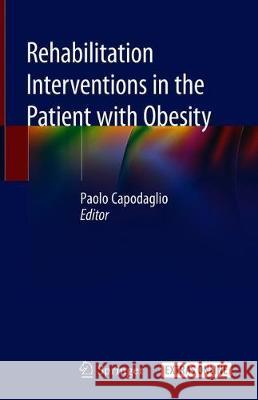Rehabilitation Interventions in the Patient with Obesity » książka
topmenu
Rehabilitation Interventions in the Patient with Obesity
ISBN-13: 9783030322731 / Angielski / Twarda / 2020 / 255 str.
Rehabilitation Interventions in the Patient with Obesity
ISBN-13: 9783030322731 / Angielski / Twarda / 2020 / 255 str.
cena 402,53
(netto: 383,36 VAT: 5%)
Najniższa cena z 30 dni: 385,52
(netto: 383,36 VAT: 5%)
Najniższa cena z 30 dni: 385,52
Termin realizacji zamówienia:
ok. 16-18 dni roboczych.
ok. 16-18 dni roboczych.
Darmowa dostawa!
Kategorie BISAC:
Wydawca:
Springer
Język:
Angielski
ISBN-13:
9783030322731
Rok wydania:
2020
Wydanie:
2020
Ilość stron:
255
Waga:
0.50 kg
Wymiary:
23.88 x 19.56 x 1.52
Oprawa:
Twarda
Wolumenów:
01











